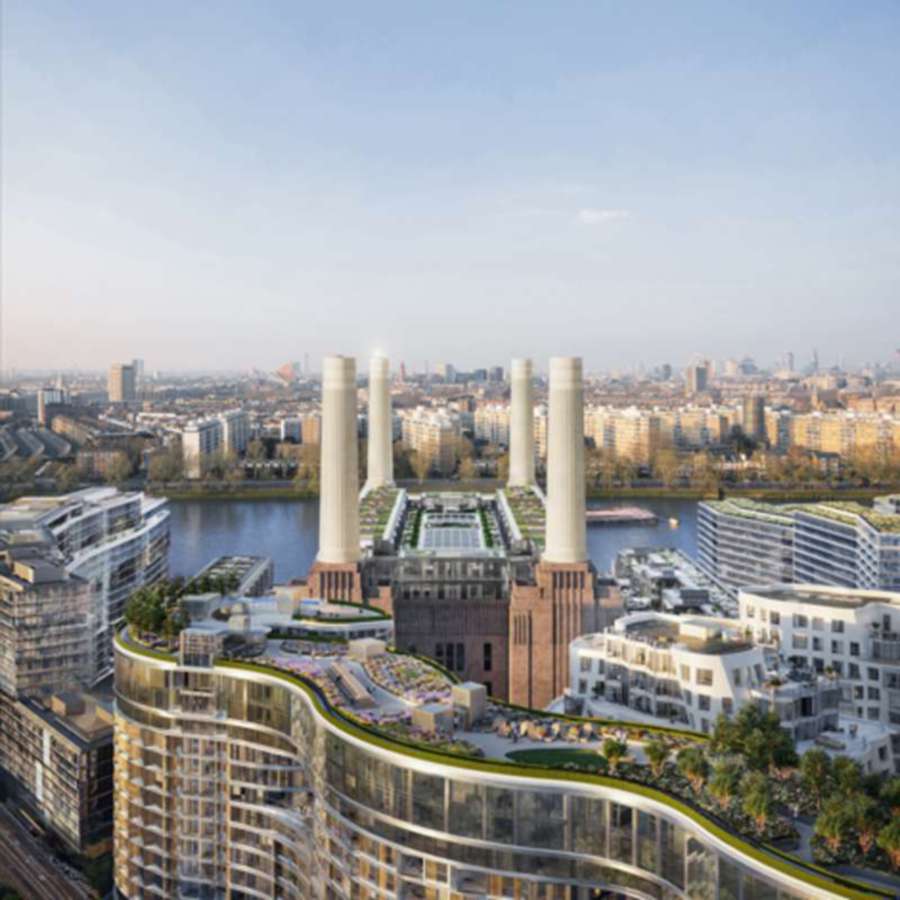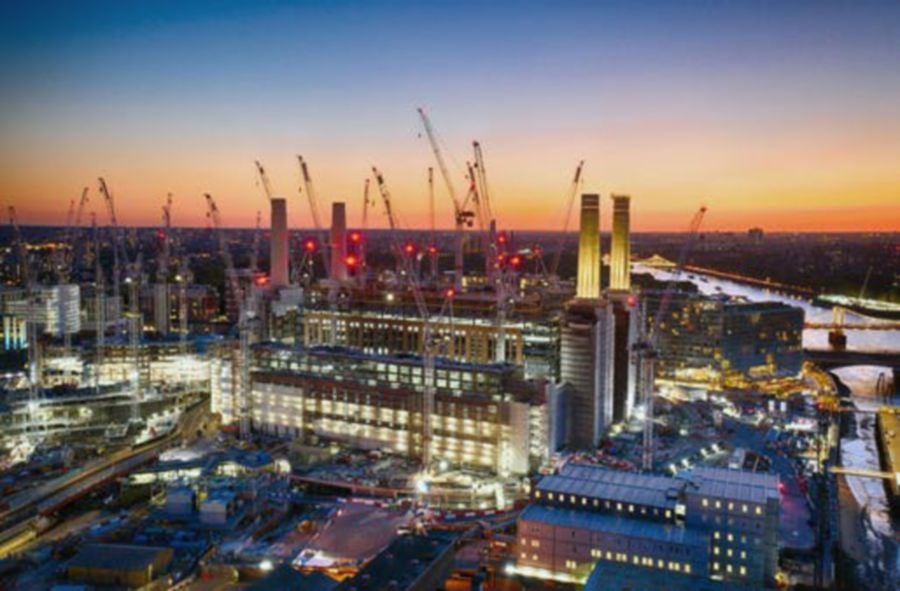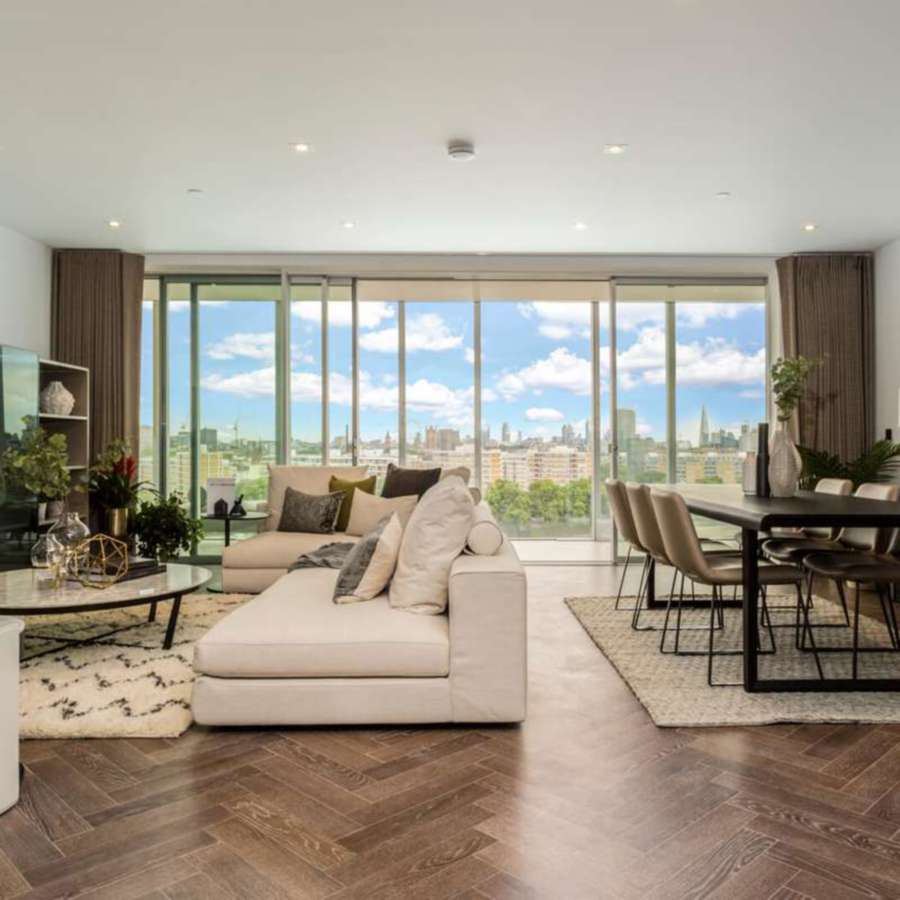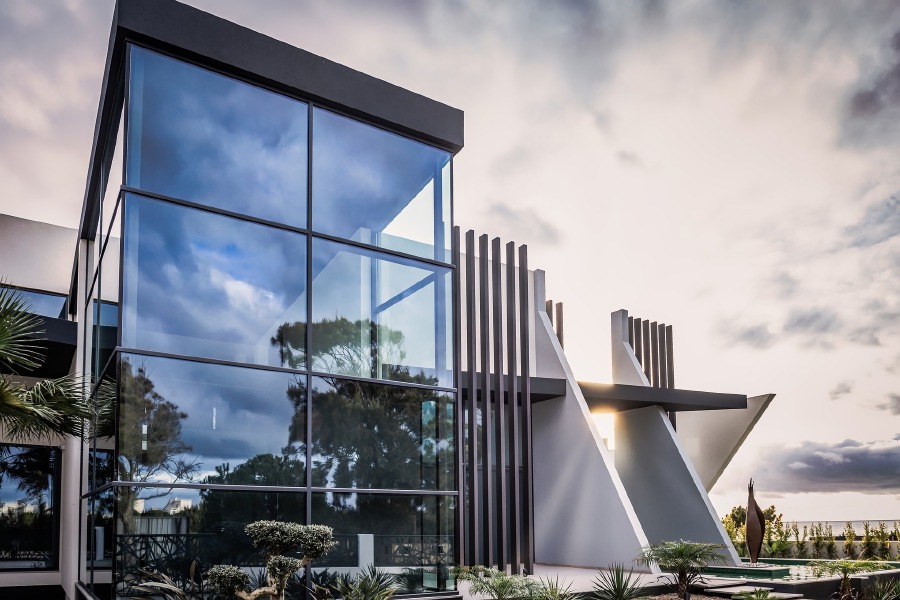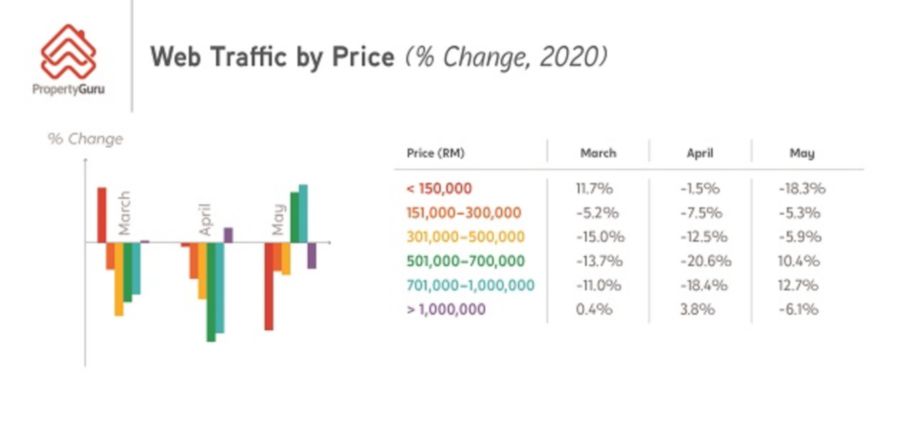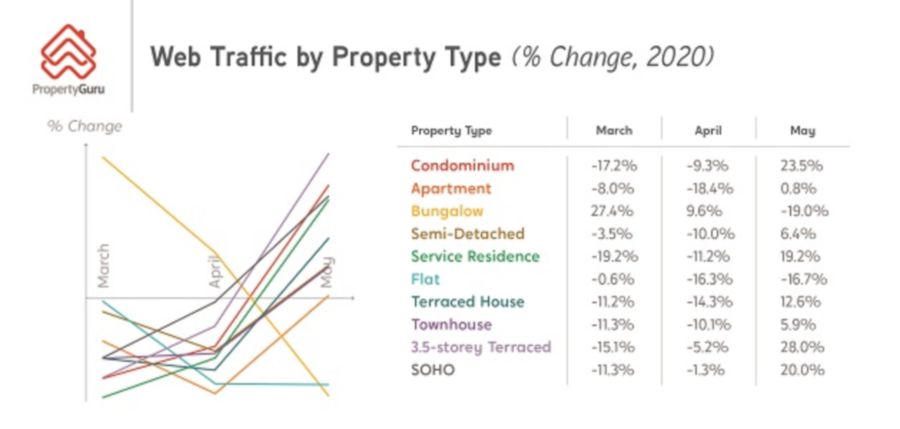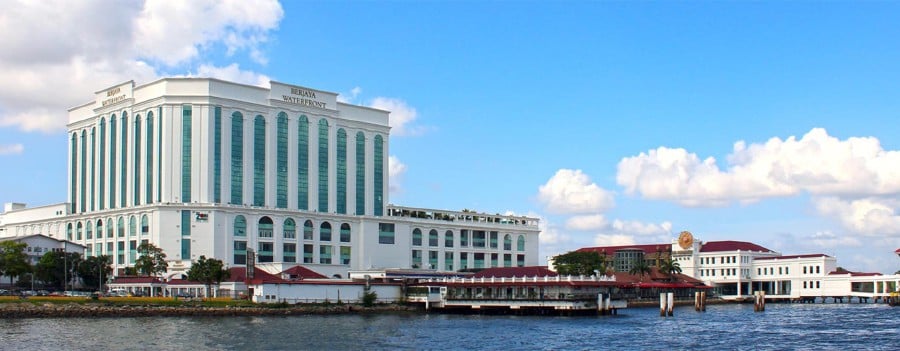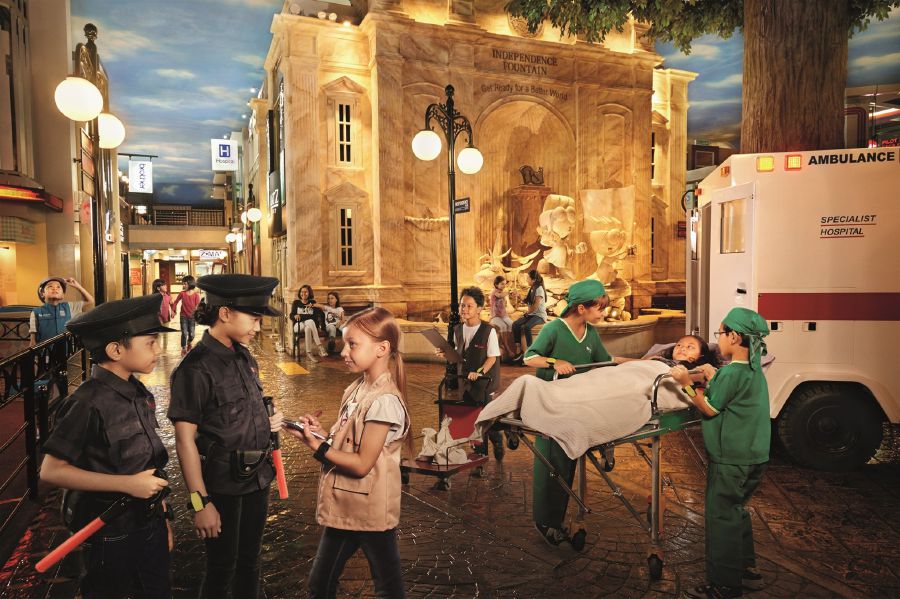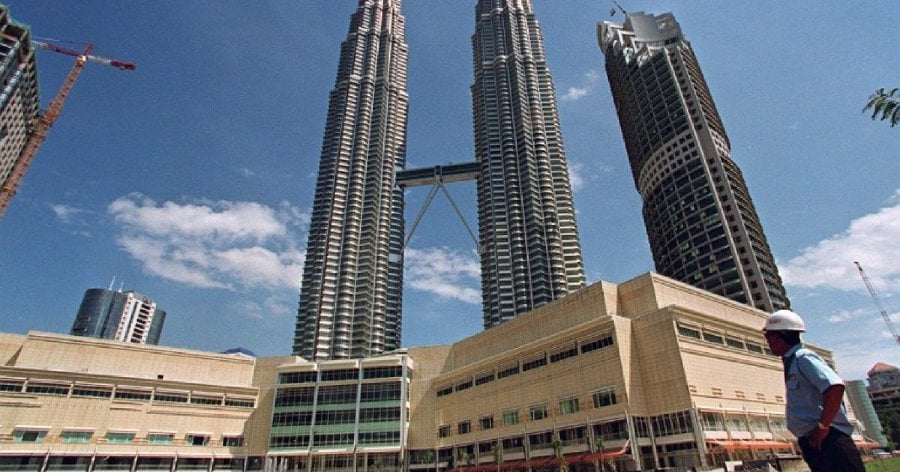Syed Mokhtar behind UEM Sunrise-Eco World merger plan?
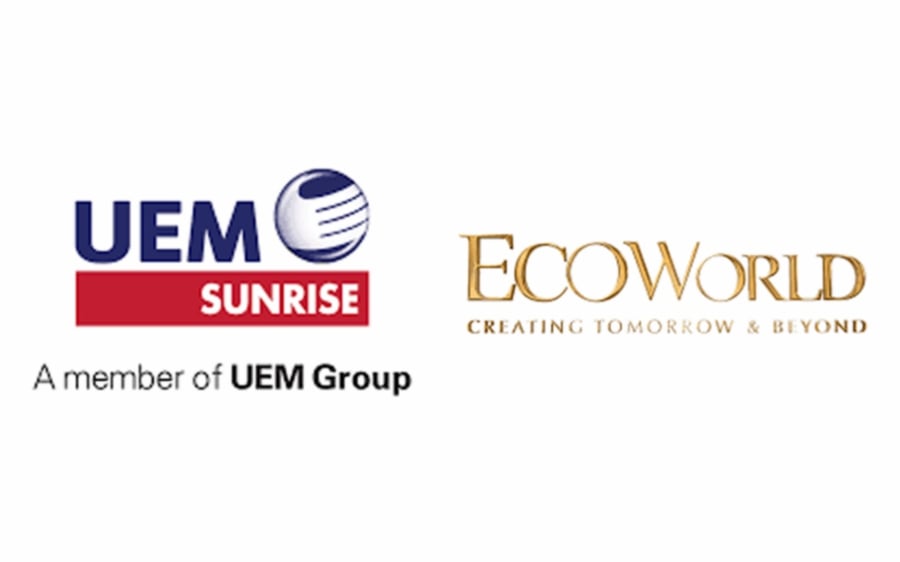
Is Tan Sri Syed Mokhtar Albukhary backing the proposed merger between the country's two big property players UEM Sunrise Bhd and Eco World Development Group Bhd?
Syed Mokhtar has a track record of investing in Khazanah Nasional Bhd-owned companies such as national carmaker Proton Holdings Bhd and Pos Malaysia Bhd.
UEM Sunrise is part of Khazanah's commercial assets and is among the clutch of companies that are up for sale.
Khazanah has been looking to divest its 66.1 per cent interest (held via UEM Group Bhd) in UEM Sunrise and had been looking for a suitor.
In 2018, the New Straits Times (NST) reported that Tan Sri Halim Saad, former executive chairman of Renong Bhd (now UEM Group Bhd), was believed to be making an offer to buy Khazanah's stake in UEM Sunrise that could trigger a mandatory general offer (MGO).
Halim, who was The New Straits Times Press (M) Bhd chief executive officer (CEO) in the early 1980s, and people close to him were eyeing more than 30 per cent stake in UEM Sunrise.
A stake of up to 33 per cent would have cost Halim and his associates about RM973.5 million, based on UEM Sunrise's market capitalisation (market cap) of RM2.95 billion back then.
UEM Sunrise shares have plunged to below 40 sen. Its market cap is currently around RM1.77 billion.
Property analysts believe that if Halim had acquired Khazanah's shares in UEM Sunrise, he would have "rebuilt" the property group into a mega-developer.
Halim, who had served as an executive vice-chairman of UEM Builders Bhd, PLUS Expressway Bhd, Kinta Kellas Bhd, and Faber Group Bhd would have taken UEM Sunrise private, streamline its operations, add value after a major restructuring, and re-list in two to three years.
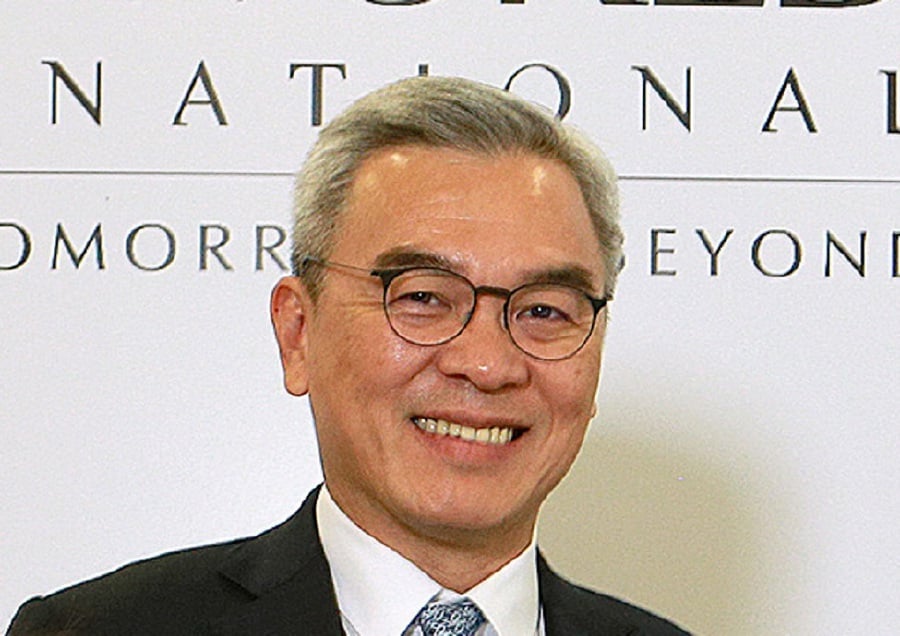
There is a strong link between Syed Mokhtar and Eco World controlling shareholder and executive chairman Tan Sri Liew Kee Sin.
Besides holding a significant chunk of shares in Eco World, their relationship goes back a long way, from the time when Liew was the head honcho of property group SP Setia Bhd.
Back then SP Setia purchased 360ha in Johor in 1999 from Syed Mokhtar's private vehicle Kelana Ventures Sdn Bhd for RM11.06 million.
SP Setia also entered into a 50:50 partnership with Syed Mokhtar-controlled Tradewinds Bhd to build affordable housing under the now-defunct 1Malaysia People's Housing Programme (PR1MA) in Taman Ikan Emas, Cheras.
Liew is also close to Khazanah's managing director, Datuk Shahril Ridza Ridzuan, who is believed to be pushing ahead with the merger plan for UEM Sunrise and Eco World.
They have both worked together in the past when Shahril was the chief executive officer of the Employees Provident Fund (EPF) through various property tie-ups, including the multi-billion ringgit Battersea Power Station regeneration project in the United Kingdom.
All these developments have yielded positive results for EPF.
"If anyone has to be the captain of the newly merged entity it has got to be Liew, led by his crew," said a fund manager who is closely monitoring the development.
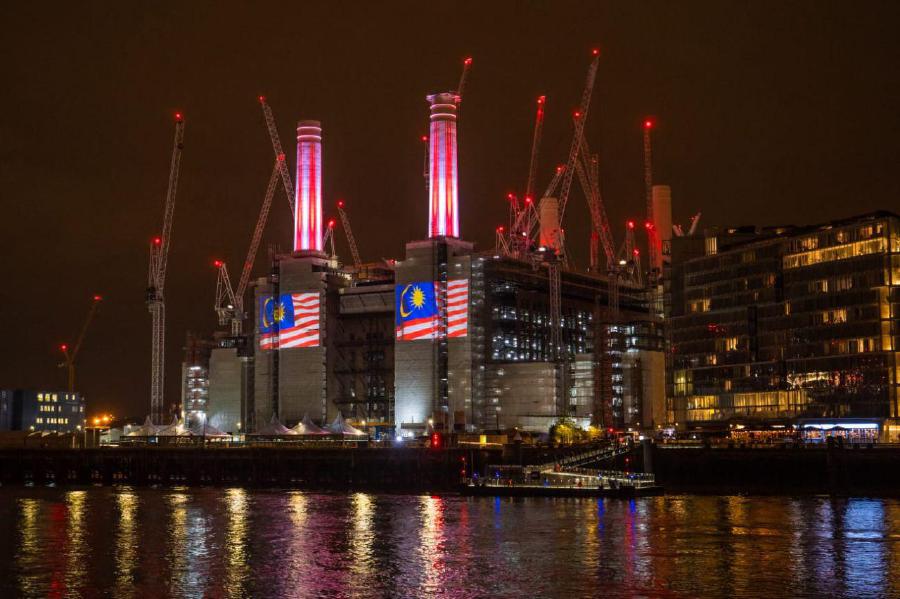
Liew is one of Malaysia's influential property captains. He has led Eco World and before this SP Setia, which are two of the nation's premier development companies over the last 28 years.
He was instrumental in securing the Battersea project in 2012 and placing Malaysia on the world map.
Merger talks started in 2019
The NST was the first to report last year that there may be a possible merger between UEM Sunrise and Eco World through a share swap arrangement.
The merger between the two property players would make the new entity the second-largest property developer by landbank in Malaysia.
As a combined entity, it will have a total landbank of more than 7,300ha with a potential gross development value (GDV) of RM175 billion.
Sime Darby Property Bhd is the largest landowner in Malaysia with more than 8,100ha.
The share swap deal would have resulted in Liew holding some shares in UEM Sunrise. Khazanah's stake would be diluted in the process.
Back then the proposal was said to have been mooted by investment bankers to lock down a major deal in the market.
Following the NST report, UEM Sunrise in a filing with Bursa Malaysia said: "UEM Sunrise continuously explores strategic business opportunities that can deliver stakeholder and shareholder returns. With reference to media reports on a potential merger with a property company, we wish to clarify that the board of directors has not made nor received any corporate proposal as reported in the media from any party for its consideration.
Now almost a year later UEM Sunrise has told Bursa Malaysia that it received a letter of proposal from UEM Group for a merger with Eco World.
UEM Group is proposing for the two property firms to merge through an exchange of shares and warrants.
In a letter dated October 2, 2020, UEM Group said it would expect a decision on the proposal by October 30 for further discussions on the merger to commence.
It said the proposed merger is envisioned to bring together the strengths and capabilities of UEM Sunrise and Eco World.
"The board (UEM Sunrise) will deliberate on the proposal and decide on the next course of action. Accordingly, a further announcement will be made in due course," it said in the Bursa filing.
An industry source said there were 'serious' talks to merge UEM Sunrise and Eco World in 2019 but 'some parties' were strongly against it as they felt it was a 'rescue plan'.
"Last year UEM Sunrise was doing well and there were some parties who were against the idea of it merging with another property group. Now the situation has changed. In the last two quarters, UEM Sunrise had posted losses. The company is expected to post another round of losses when it announces its third-quarter results soon while Eco World's performance is improving," the source said.
UEM Sunrise posted a net loss of RM93.36 million in the second quarter ended June 30, 2020, from a net profit of RM40.36 million a year ago. Its revenue fell 88.8 per cent to RM111.96 million from RM1 billion.
"UEM Sunrise can't seem to turnaround the landbank that they have and overseas acquisition has been slow so future projects coming on stream will also be slower. UEM Sunrise is the largest landowner in Johor and they are not doing well there. Eco World on the other hand has done very well for its project in Johor.
"From a shareholders' perspective, it makes sense for them to collaborate. The gain will be more for UEM Sunrise who will ride on Eco World's strong branding and track record for future projects. We are still wondering how this deal will benefit Eco World," the source said.
Kenanga Investment Bank Bhd in a note yesterday, said the proposed merger between the two property players favours UEM Sunrise, given that Eco World's key shareholders would lose their majority rights, and potentially their brand.
Upon completion of the proposed merger, Eco World will become a wholly-owned subsidiary of UEM Sunrise and will be delisted from the Main Market of Bursa Malaysia.
Liew will have a 3.6 per cent stake in UEM Sunrise, while his son and Eco World executive director Liew Tian Xiong will hold 2.8 per cent.
Sinarmas Harta Sdn Bhd, Eco World Development Holdings Sdn Bhd (EWDSB), and Jernih Padu Sdn Bhd (JPSB) which have shares in Eco World will hold stakes of 12.6 per cent, 3.4 per cent and 1.9 per cent respectively.
Citigroup Global Markets Inc's research team valued the share swap deal at RM2.6 billion.
The share swap is undertaken via the issuance of 3.1 billion new UEM Sunrise shares and 556 million new UEM Sunrise warrants (exercise price: RM1.96), with an exchange ratio of 1.0587.
Citi Research said UEM Sunrise's share issue price represented 18 per cent upside to its close on October 1, while Eco World's exchange price was at a 19 per cent premium.
Major shareholders of Eco World are disposing of their shares
The major shareholders of Eco World have been disposing of their shares before UEM Group announcing the proposed merger.
JPSB, the private vehicle of Liew, ceased to be the substantial shareholder of Eco World after selling 14.25 million shares, or a 0.48 per cent stake on September 28, according to Bursa filing.
Liew, however, still controls a direct stake of 9.41 per cent and an indirect stake of 5.29 per cent in Eco World.
EWDSB, controlled by Eco World's non-executive director Tan Sri Abdul Rashid Abdul Manaf and deputy chairman Datuk Leong Kok Wah, also disposed of 12 million shares on the same day, reducing its equity stake to 248.88 million shares or 8.45 per cent.
Sinarmas, owned by Syabas Tropikal Sdn Bhd which in turn is held by Leong sold 17.3 million shares on the day UEM Group announced the merger plan.
According to Eco World's latest annual report, as of January 16, Liew was the group's second-largest shareholder. EWSB was the fourth-largest shareholder.
"The way Eco World shares were transacted looked like a prelude to something is about to happen. Maybe they are all preparing for the big merger. The merger deal looks more palatable now compared to last year as Liew and parties related to him don't have majority control of Eco World. They have been deliberately selling down their shares so the deal looks more acceptable now than before.
"But will Liew hold the position of co-chairman of the newly merged entity as he is an entrepreneur with less than 10 per cent stake? There are a lot of details that needed to be ironed out before the merger can take place," the source said.
Bigger group, not necessarily better
Former Permodalan Nasional Bhd president and group chief executive Jalil Rasheed in a series of tweets on Monday raised concerns over UEM Group's plans to take over and merge Eco World with UEM Sunrise.
Jalil suggested that UEM Group should not rescue a subsidiary in financial trouble by merging it with a company with cash flow problems.
"You create this giant (UEM Sunrise) that you then feel compelled to rescue when in financial trouble. Why put yourself through this? The easier solution is to make UEM (Sunrise) more efficient.
"I fear this deal would go down this route, because the focus has always been on market capitalisation size, rather than efficiency metrics," he said.
Jalil also said that forming the biggest company does not mean it would be better.
"One must ask why Eco World wants to merge (and lose ownership control) unless they are not doing well? There are severe cash flow problems, add that to weak demand for properties," he said.
Eco World's net profit fell 72.7 per cent to RM13.8 million in the third quarter (Q3) ended July 30, 2020 from RM50.5 million a year ago.
It reported lower revenue of RM477.9 million in Q3 from RM521.4 million previous year. This was due to the lower share of the results of its Malaysian joint-ventures namely Eco Grandeur, Eco Business Park V, Eco Horizon, Eco Ardence, and Bukit Bintang City Centre.
According to a recent report by CGS-CIMB Research, Eco World's net gearing stood at 0.75 times as of the financial year 2019.
The research firm expected Eco World's net gearing to increase to 0.8 times for the financial year 2020 (FY2020), and further grow to 0.9 times for FY21 and 0.93 times for FY22.
